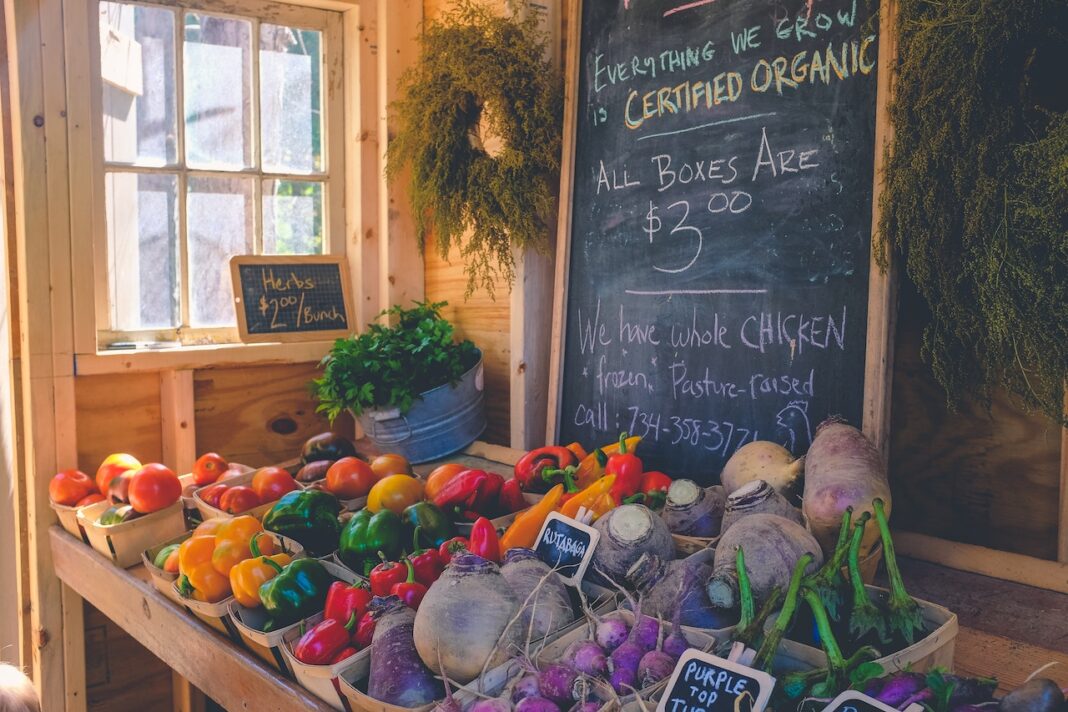The Organic Trade Association (OTA) has confirmed that US organic food sales broke through the $60 billion mark in 2022.
Total organic sales, including non-food products, reached a record $67.6 billion according to the OTA’s 2023 Organic Industry Survey.
This growth occurred despite ‘challenging headwinds’: supply chain disruption caused by geopolitical events and the pandemic; inflationary pressures on consumer wallets; a proliferation of competing food labels in the grocery aisles; and labour shortages which were ‘felt acutely by organic producers’.
“Inflation heated up costs across the organic supply chain – indeed, the entire food supply chain – and boosted prices in the grocery aisles,” says a statement from the OTA.
“As a result, the organic sector reflected the overall food sector, with the value of organic sales rising even as the growth in the volume of sales for some categories slipped.”
The OTA’s survey shows that ‘the sector’s 4% growth in sales value was nearly twice the pace of growth in 2021’.
Organic has proven it can withstand short-term economic storms
“Organic has proven it can withstand short-term economic storms,” comments Tom Chapman, CEO of the OTA. “Despite the fluctuation of any given moment, Americans are still investing in their personal health and, with increasing interest, in the environment; organic is the answer. Organic’s fundamental values remain strong, and consumers have demonstrated they will come back time and again because the organic system is verified, and better for people, the planet, and the economy.”
A breakdown of categories shows that 2022’s growth came mainly from organic food and drink, accounting for $61.7 billion – $22 billion of which was in produce, cementing its status as the top seller of all organic categories. Beverages ranked second at $9 billion; within that, organic coffee took the lead with a 7% increase on 2021, and organic soft drinks broke through £500 million in sales, enjoying 14% growth year.
“Organic beverages continue to climb. They’re an area where shoppers are willing to experiment and are less price-sensitive,” notes Angela Jagiello, director of education and insights for the OTA, and coordinator of the annual survey. “Soft and enhanced drinks had a great year, with the non-alcoholic trend being a big contributing factor. Many younger shoppers are reducing or eliminating alcohol, and these organic beverages are a celebratory and sophisticated alternative.”
Following in third place, organic dairy and eggs reached $7.9 billion, up 7% from the previous year. The OTA notes that ‘continued demand and inflationary price increases helped boost dollar sales’ in this category.











